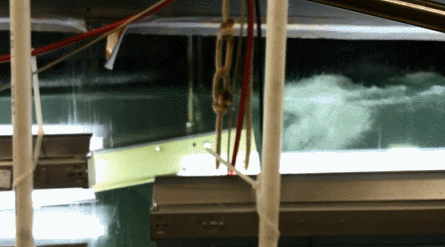Although it was a ton of hard work, I have enjoyed being part of the CAICE (Center for Aerosol Impacts on Climate and the Environment) IMPACTS (Investigation into Marine Particle Chemistry and Transfer Science) 2014 intensive. Professors and students from all over the country are gathered here to better understand the link between ocean biology and the composition and physical properties of particles emitted from sea spray.
![10457561_692410517491553_292097329586178028_n[2]](https://caice.ucsd.edu/wp-content/uploads/2014/07/10457561_692410517491553_292097329586178028_n2.jpg?w=300) I am a 3rd year graduate student in Chris Cappa’s group at UC Davis. I came to UC San Diego to investigate how much these particles grow as a result of humidification using a cavity ring-down spectrometer (CRD). The larger these particles grow, the more light they scatter. By scattering solar radiation, these particles cool the planet and are therefore important for understanding the Earth’s climate. Particles emitted from sea spray take up a lot of water because they are mostly composed of salt. However, the biology of the ocean impacts what these particles are made of and, by making the particle less “salty,” can decrease the how much water they take up.
I am a 3rd year graduate student in Chris Cappa’s group at UC Davis. I came to UC San Diego to investigate how much these particles grow as a result of humidification using a cavity ring-down spectrometer (CRD). The larger these particles grow, the more light they scatter. By scattering solar radiation, these particles cool the planet and are therefore important for understanding the Earth’s climate. Particles emitted from sea spray take up a lot of water because they are mostly composed of salt. However, the biology of the ocean impacts what these particles are made of and, by making the particle less “salty,” can decrease the how much water they take up.
My goal is to quantify how changes in particle composition due to biological processes in seawater influence how much these particles grow due to humidification.
During this unique, once-in-a-lifetime experiment, everyone I have worked with has been incredibly positive and fun to be around. At the end of IMPACTS, I will leave with both exciting data and many new friends.
Sara Forestieri, Graduate Student, Cappa Group, Department of Civil and Environmental Engineering at UC Davis


